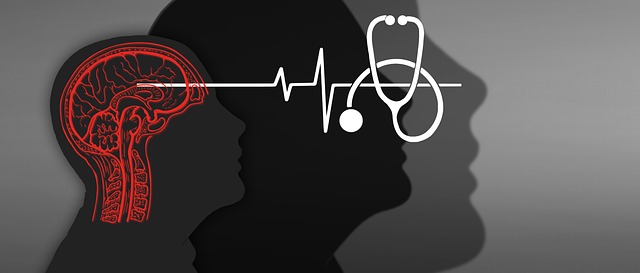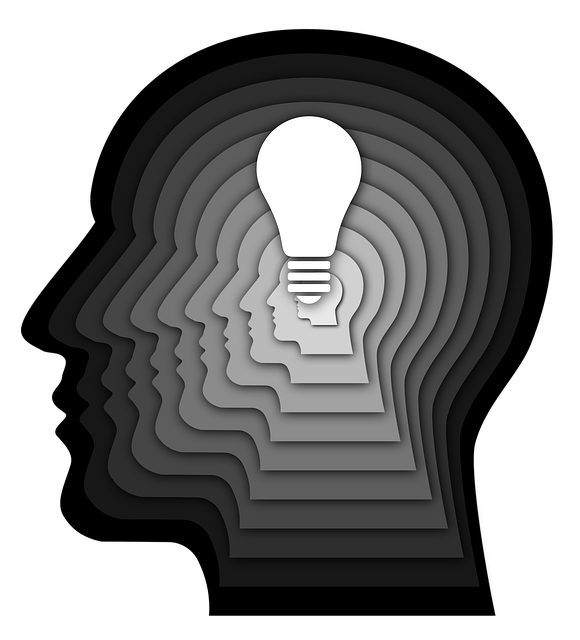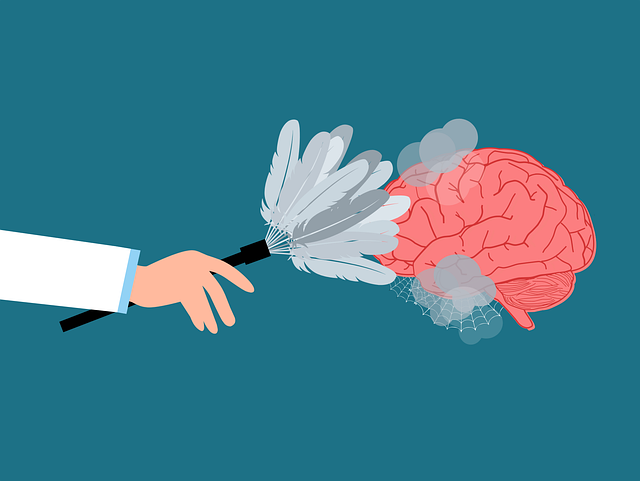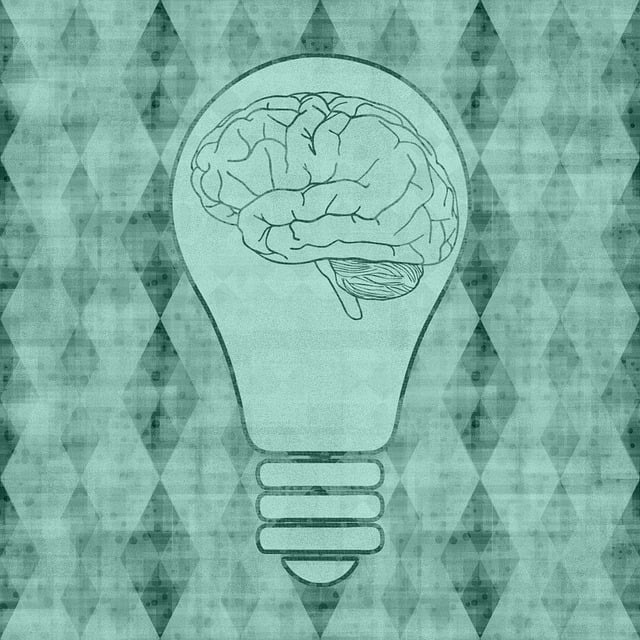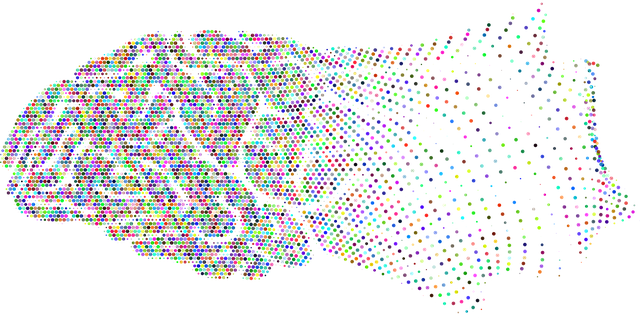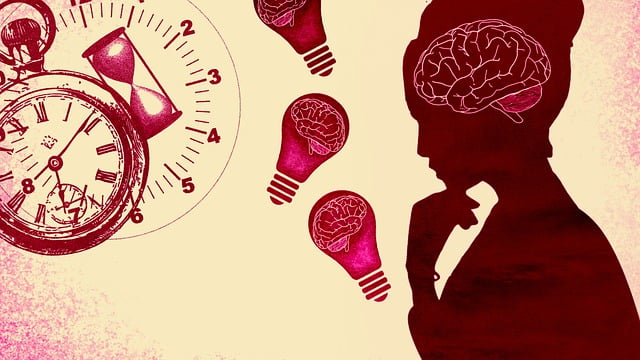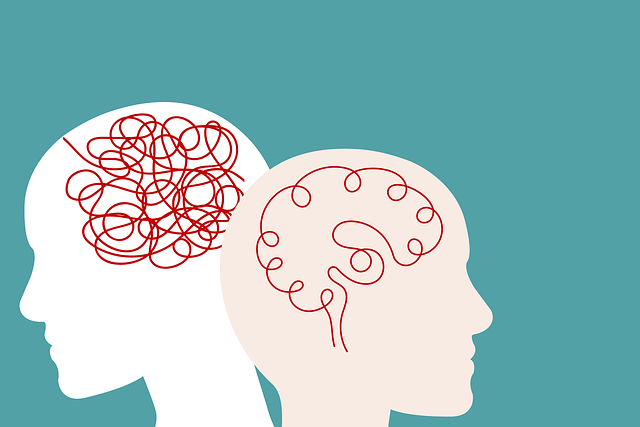Louisville ADD-ADHD Therapy programs utilize a powerful framework, RFM (Resourceful, Flexible, Mastery), to build resilience in individuals with ADHD. This involves enhancing self-efficacy through personal resource awareness, cultivating flexible adaptability via coaching, and developing effective coping skills like mindfulness. Through evidence-based practices, structured routines, and mindfulness exercises, Louisville ADD-ADHD Therapy empowers clients to manage stress, impulsive behaviors, and anxiety, fostering emotional well-being and navigating academic/home life challenges successfully. Measuring success through goal setting and qualitative/quantitative methods ensures tailored therapy for optimal resilience building and crisis intervention.
“Resilience is a vital tool for navigating life’s challenges, especially for individuals with attention-deficit/hyperactivity disorders (ADD/ADHD). This article explores the powerful combination of RFM (Resilience, Flexibility, and Mastery) and resilience-building exercises to foster strength and adaptability. We delve into Louisville ADD-ADHD Therapy’s role in this process, offering strategies for both educational settings and homes. By understanding RFM, implementing practical exercises, and measuring success, individuals can enhance their resilience and thrive.”
- Understanding RFM: A Framework for Resilience
- The Role of Louisville ADD-ADHD Therapy in Building Resilience
- Practical Exercises to Enhance Resilience at Home and School
- Measuring Success: Evaluating the Impact of Resilience-Building Strategies
Understanding RFM: A Framework for Resilience

Resilience is a crucial aspect of mental wellness, enabling individuals to navigate life’s challenges and adapt to change. This is where RFM—a framework for resilience building—comes into play. RFM stands for Resourceful, Flexible, and Mastery, three key components that contribute to an individual’s ability to cope with stress and adversity. In Louisville ADD-ADHD Therapy settings, professionals utilize this model to help clients develop coping skills and strengthen their mental wellness.
The first aspect, Resourceful, refers to the personal resources one has at their disposal, including knowledge, support networks, and problem-solving abilities. By fostering a sense of self-efficacy and empowering individuals to access these resources, Louisville ADD-ADHD Therapy programs promote a strong foundation for resilience. The second component, Flexible, focuses on adaptability and the ability to adjust to changing circumstances. Through various exercises in mental wellness coaching programs development, clients learn to embrace flexibility as a tool to navigate life’s twists and turns. Lastly, Mastery involves taking control and developing expertise in managing one’s responses to stress, which can be achieved through mindfulness practices and other coping skills development initiatives.
The Role of Louisville ADD-ADHD Therapy in Building Resilience

Louisville ADD-ADHD Therapy plays a pivotal role in fostering resilience among individuals dealing with Attention Deficit Disorder (ADD) or Attention Deficit Hyperactivity Disorder (ADHD). Through tailored therapeutic approaches, this specialized therapy helps clients navigate the challenges posed by their conditions while empowering them to develop effective coping strategies. By integrating evidence-based techniques, such as cognitive-behavioral therapy and mindfulness practices, Louisville ADD-ADHD Therapy promotes self-awareness, enhances focus, and encourages positive thinking—all essential components in building resilience.
The therapeutic environment created by Louisville ADD-ADHD Therapy goes beyond addressing symptoms; it focuses on fostering a sense of empowerment and self-efficacy. By engaging clients in activities that promote self-care practices, such as structured routines and stress management techniques, the therapy equips them with tools to navigate life’s ups and downs. Moreover, public awareness campaigns developed by the therapy center contribute to a broader understanding of ADD/ADHD, reducing stigma and encouraging early intervention—crucial steps in supporting individuals on their journey toward resilience.
Practical Exercises to Enhance Resilience at Home and School

Building resilience is an essential aspect of fostering mental wellness, especially for individuals with attention-deficit/hyperactivity disorder (ADHD) in Louisville. Simple yet powerful exercises can significantly enhance one’s ability to navigate challenges and stress at both home and educational settings. One practical approach is incorporating routine mindfulness practices, such as deep breathing exercises or short meditation sessions, into daily schedules. These activities help individuals develop a sense of calm and focus, essential tools for managing impulsive behaviors often associated with ADHD.
Additionally, engaging in structured journaling can serve as an effective mental wellness journal exercise guidance. Encouraging students to reflect on their emotions, thoughts, and experiences allows them to identify triggers and develop coping strategies. This practice aligns well with crisis intervention guidance, enabling individuals to proactively manage stress and anxiety. The process of articulating feelings through writing also promotes self-awareness, a crucial aspect of building resilience and navigating the complexities of academic and home life.
Measuring Success: Evaluating the Impact of Resilience-Building Strategies

Measuring success is a vital aspect when implementing resilience-building exercises and strategies, especially in the context of Louisville ADD-ADHD Therapy. Evaluating the impact allows professionals to understand whether the chosen approaches are effectively fostering resilience in individuals. This process involves setting clear goals and using qualitative and quantitative methods to assess progress. By tracking improvements in emotional healing processes and burnout prevention, therapists can tailor their practices to meet specific needs.
For instance, Compassion Cultivation Practices (CCP) have gained recognition as a powerful tool for building resilience. Through CCP, individuals learn to cultivate self-compassion, which significantly contributes to emotional well-being and coping mechanisms. Measuring the success of these practices could involve surveying participants about their perceived levels of stress, anxiety, and overall life satisfaction before and after the program. Such evaluations help in understanding the depth of emotional healing processes and ensure that Louisville ADD-ADHD Therapy remains effective and adaptable to individual needs.
Louisville ADD-ADHD Therapy offers a structured approach to building resilience through the RFM framework, empowering individuals to navigate challenges effectively. By integrating practical exercises into daily routines at home and school, we can foster a resilient mindset that prepares folks for life’s ups and downs. Measuring success involves evaluating the impact of these strategies on overall well-being, ensuring that resilience-building efforts are tailored and effective. Embrace these techniques to enhance resilience and create a more robust, adaptable individual.
